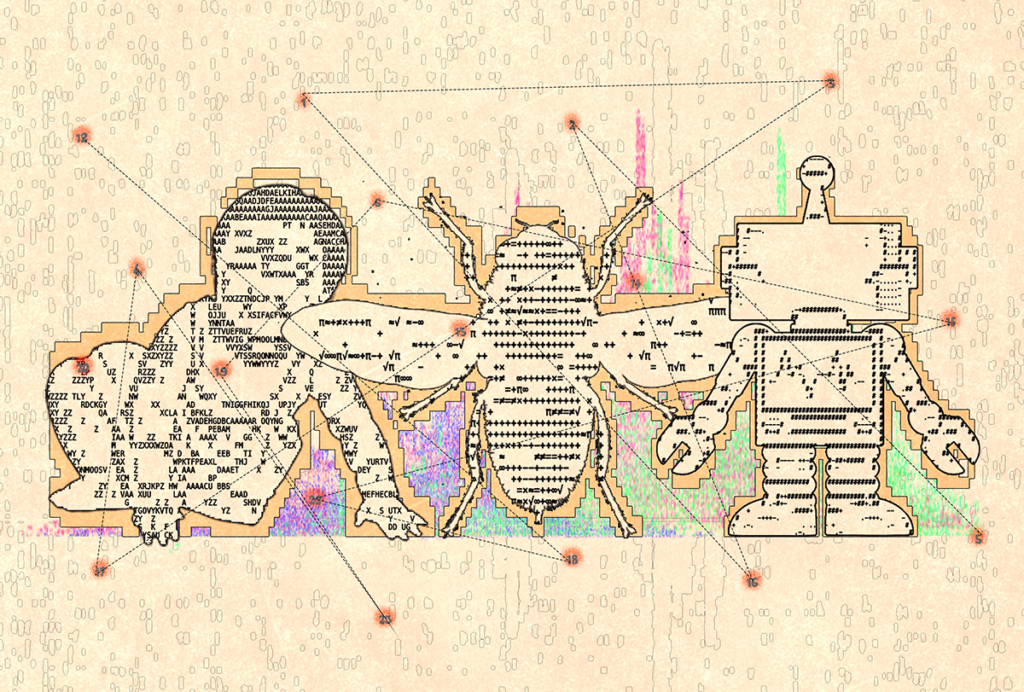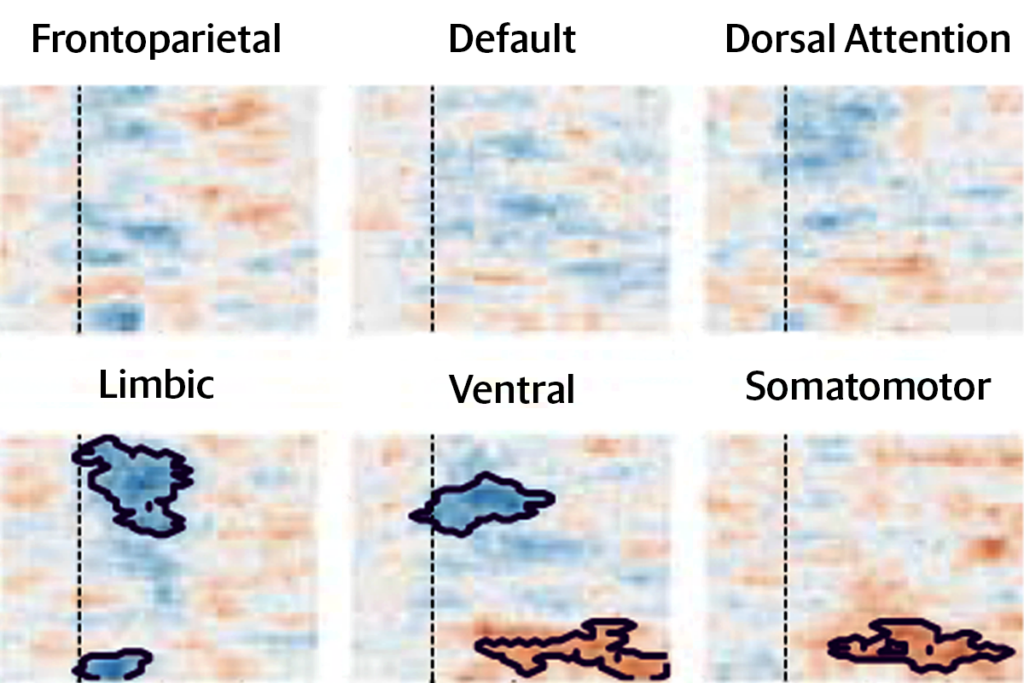Rebecca W. Black received her Ph.D. in Curriculum and Instruction from the University of Wisconsin, Madison in 2006. Her research centers on the literacy and socialization practices of young people from diverse cultural and linguistic backgrounds who are writing and participating in online, popular culture-inspired environments. This work includes an explicit focus on the 21st century skills and forms of literacy and learning that youth are engaging with in online spaces. Dr. Black’s work has been published in Teachers College Record, Reading Research Quarterly, Research in the Teaching of English, the Journal of Adolescent and Adult Literacy, the International Journal of Learning and Media, and E-learning. Her book exploring how English language learning youth represent their cultural and linguistic identities through fan fiction texts was published by Peter Lang in the Spring of 2008.

Rebecca Black
Associate Professor of Informatics, University of California, Irvine
University of California, Irvine
From this contributor
Young writers fight autism stereotypes through fan fiction
Some fan-fiction authors are beginning to incorporate autism into their stories, especially in the Harry Potter universe.

Young writers fight autism stereotypes through fan fiction
Explore more from The Transmitter
Babies, bees and bots: On the hunt for markers of consciousness
To truly understand consciousness, we need new methods to measure it and detect it in other intelligent systems.

Babies, bees and bots: On the hunt for markers of consciousness
To truly understand consciousness, we need new methods to measure it and detect it in other intelligent systems.
Jennifer Prendki explains why AI needs to emulate life
Prendki describes how her work on large artificial-intelligence models shaped her view that current AI needs inspiration from living organisms.
Jennifer Prendki explains why AI needs to emulate life
Prendki describes how her work on large artificial-intelligence models shaped her view that current AI needs inspiration from living organisms.
Eye puffs prompt separable sensory, affective brain responses in mice, people
Post-puff brain state might not be an emotion, some researchers caution, but the protocol provides a cross-species approach to study emotions.

Eye puffs prompt separable sensory, affective brain responses in mice, people
Post-puff brain state might not be an emotion, some researchers caution, but the protocol provides a cross-species approach to study emotions.